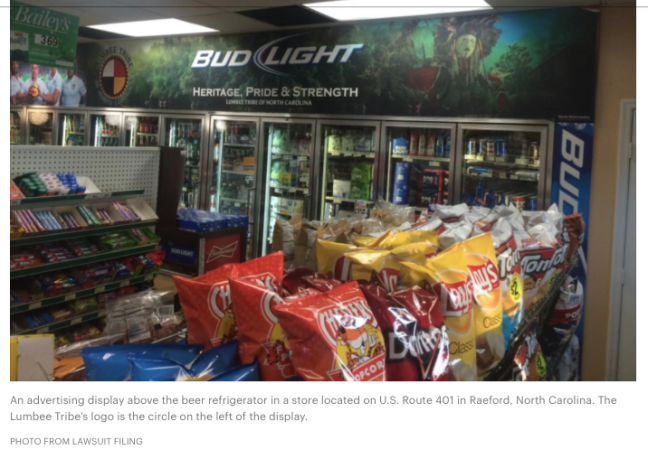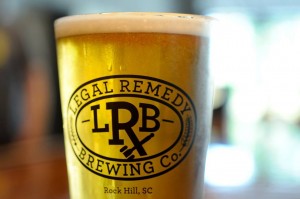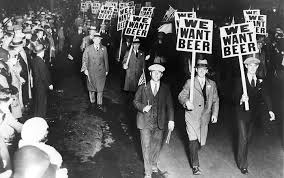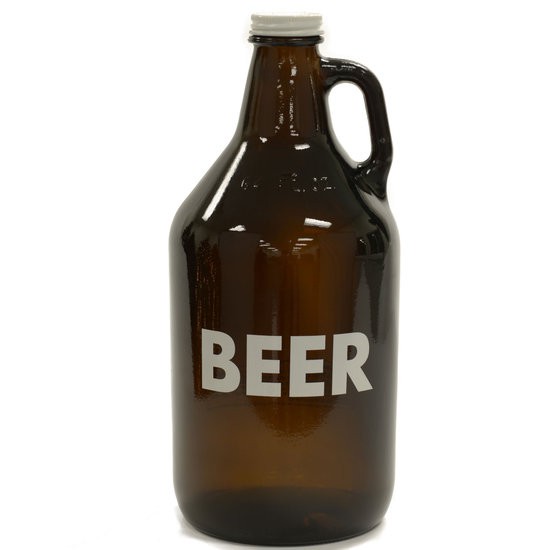The Charlotte, NC region is preparing to serve thousands of glasses of local craft beer at the world’s largest industrial trade fair, the Hannover Messe, in Germany.
The Olde Mecklenburg Brewery sent over 13,000 bottles of its locally-made beer to Hannover, with the help of Kuehne + Nagel logistics and the U.S. Export Assistance Center in Charlotte. 560 cases of Charlotte’s craft beer will hopefully land in the hands of thousands of lucky trade fair attendees, including President Barack Obama, German Chancellor Angela Merkel, U.S. Secretary of Transportation (and former Charlotte mayor) Anthony Foxx, and U.S. Commerce Secretary Penny Pritzker.
The Charlotte Business Journal writes, “At a Charlotte Chamber event this morning at The Olde Mecklenberg Brewery, the chamber, the Charlotte Regional Partnership and the Economic Development Partnership of North Carolina announced they will lead a delegation of more than 20 people representing private companies and public-sector organizations to this year’s Hannover Messe. It is the world’s largest industrial trade fair, slated for April 25-29 in Hannover, Germany, and expected to draw 6,500 exhibitors and 200,000 visitors.”
My firm, BridgehouseLaw LLP, will be attending the Hannover Messe as part of the official Charlotte Regional Partnership Delegation. A full list of the delegates can be found in the CBJ article here. We are honored to assist in the region’s economic development activities, and look forward to welcoming even more jobs, businesses, and investment to Charlotte and the surrounding counties. Cheers and Prost!



